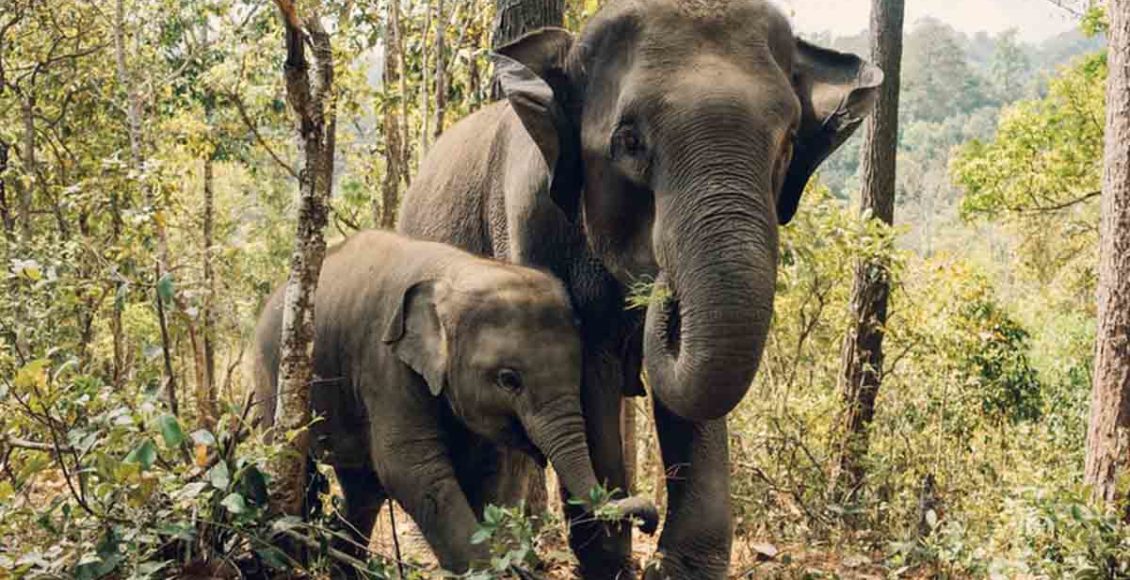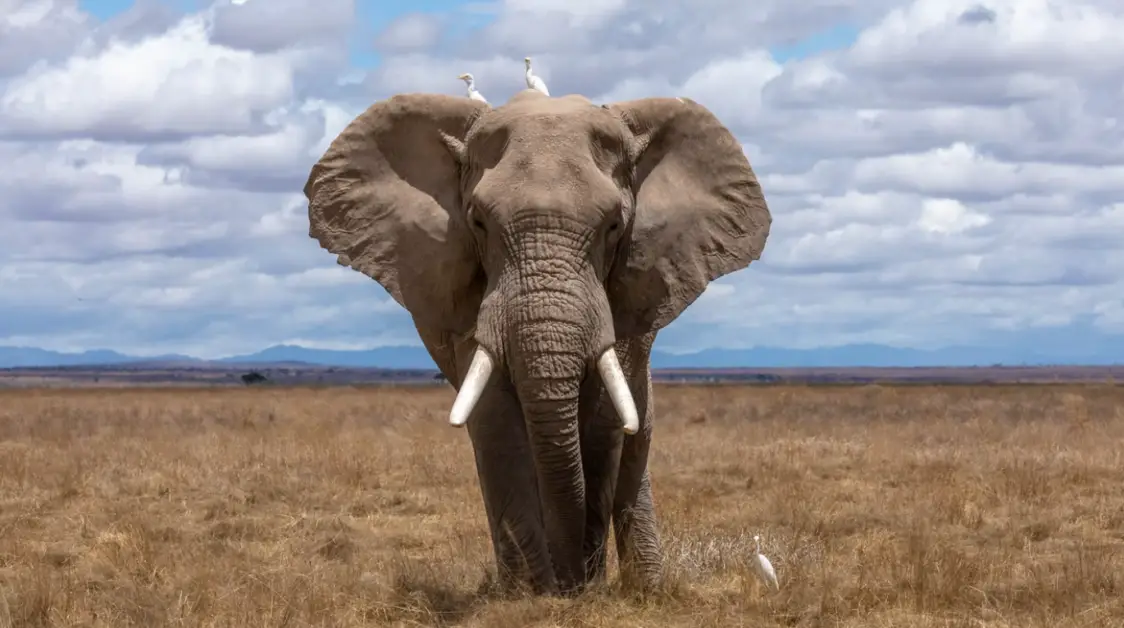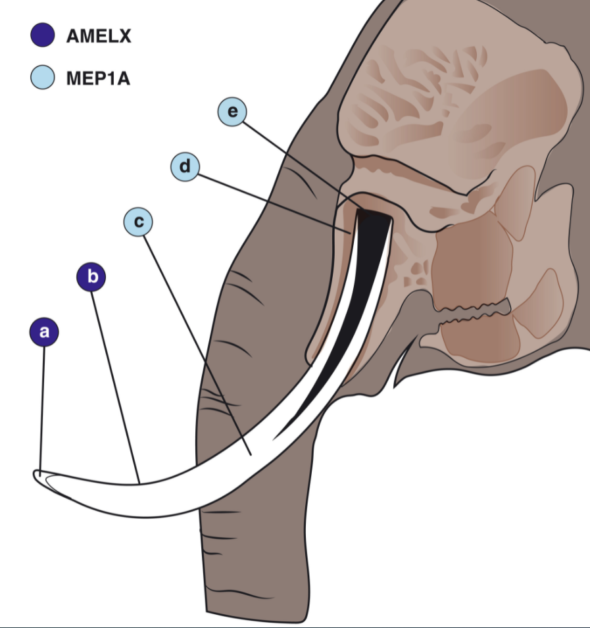Female African elephants “RAPIDLY evolving” to become TUSKLESS due to ivory poaching, study warns

Scientists warn that female African elephants are “rapidly evolving” to become tuskless.
According to a team of experts from Princeton University in New Jersey, due to ivory poaching, female African elephants may evolve to lose their tusks, Daily Mail reports.

The distressing anomaly could be traced back to the Mozambican Civil War from 1977 to 1992, which led to a population decline in the pachyderms, particularly among those with tusks. Following the war, many of the remaining elephants were left tuskless. Consequently, their children were born without tusks as well.
The study states:
“Harvest and poaching of wildlife have increased as the human population and our technology have grown. These pressures now occur on such a scale that they can be considered selective drivers.”
The scientists explain that the wildlife exploitation humans practice has become a powerful selective driver in the evolution of certain species.
To further examine their observations, researcher Shane Campbell-Station and his team investigated the impacts of ivory hunting on the evolution of African elephants. They focused their attention on the Gorongosa National Park in Mozambique.
During the Mozambican Civil War, which lasted for 15 years, ivory was the currency that both sides used to finance war efforts. As a result, the African elephant population in the area was on a rapid decline of over 90%. The study notes:
“As the population recovered after the war, a relatively large proportion of females were born tuskless.”

The authors claim the alarming lack of tuskless females suggests the pattern may be “sex-linked and related to specific genes that generated a tuskless phenotype more likely to survive in the face of poaching.”
Chris Darimont and Fanie Pelletier noted in an article commenting on the study:
“The findings bring new evidence to inform debates on the roles of environmental and selective forces underlying trait variation in populations subject to harvest.”

